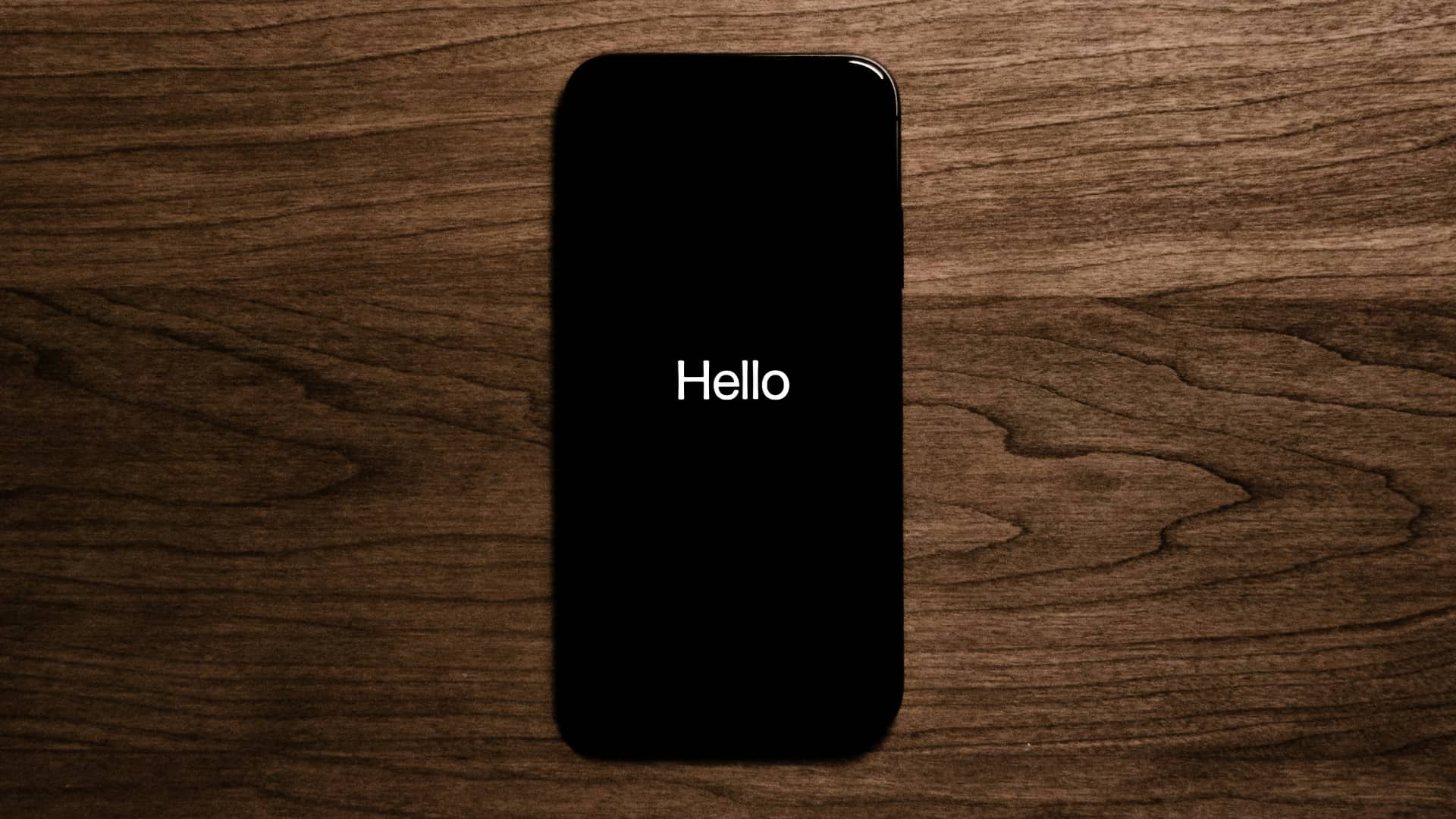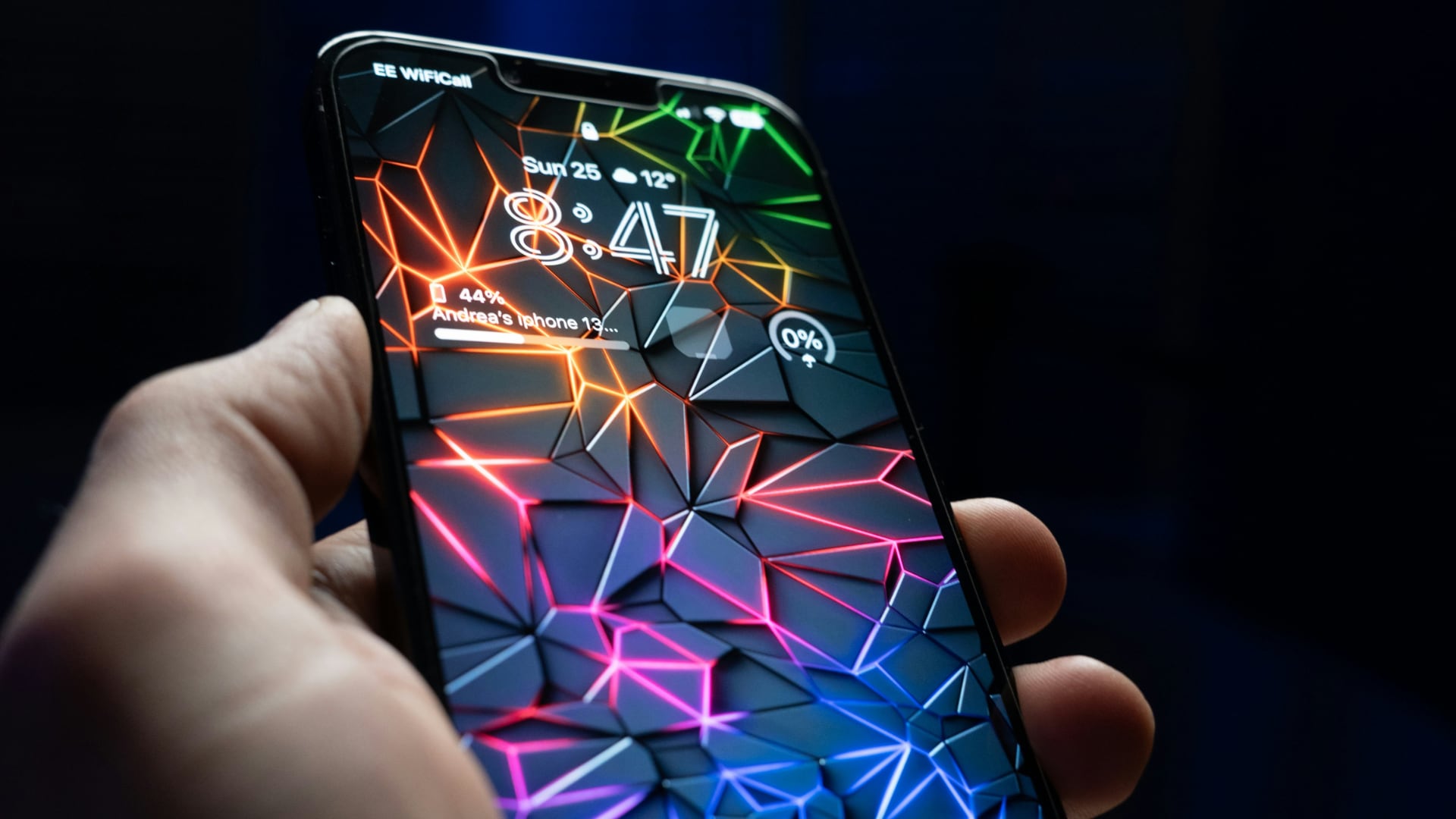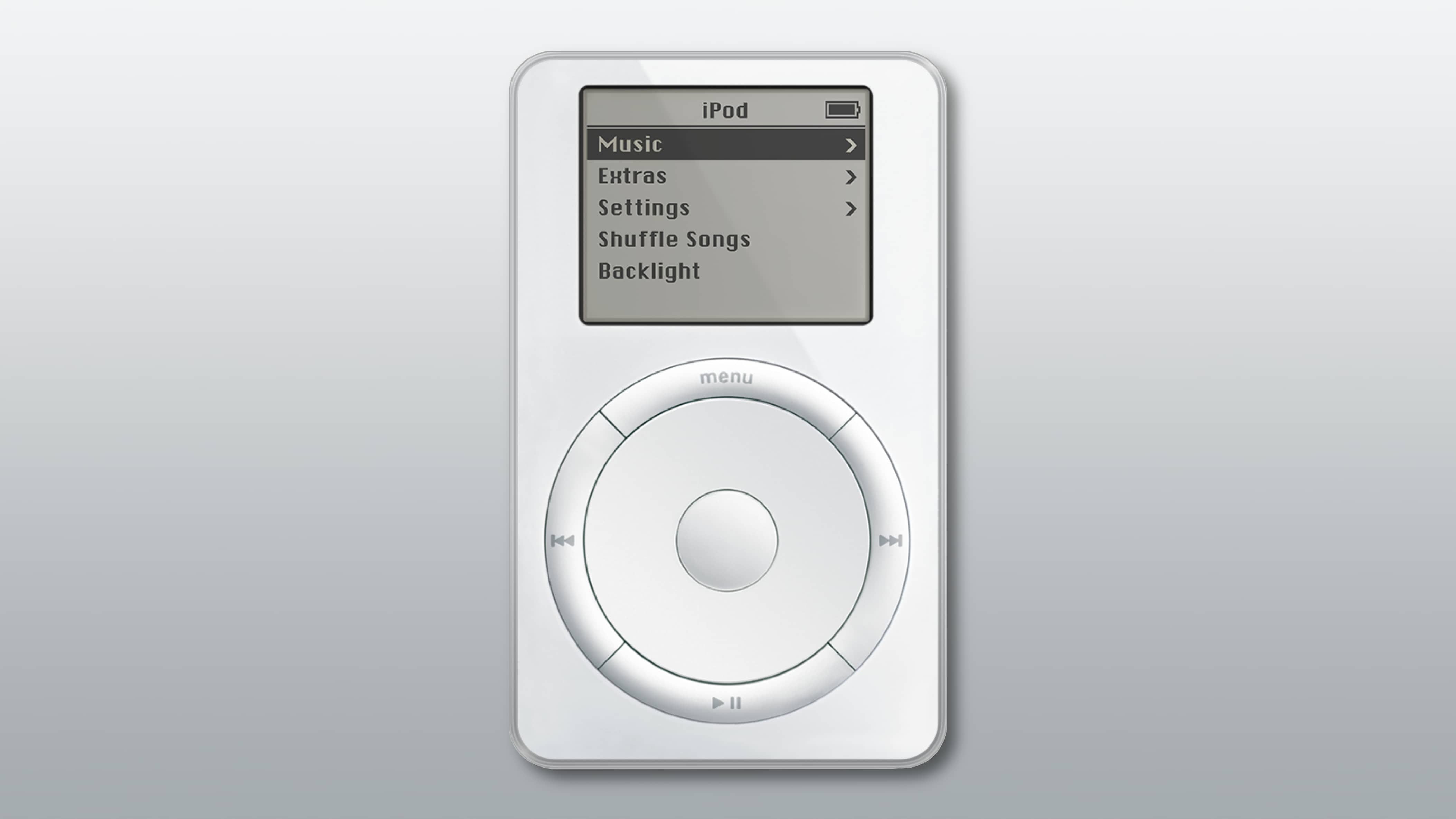Apple admits the iPhone may not stick around for much longer than another decade as AI technology could eventually replace the smartphone in your pocket.

“The most successful companies that were there either don’t exist today or are significantly smaller and much less impactful,” Eddy Cue, Apple’s senior vice president of the services segment, said during his testimony, reflecting on arriving in Silicon Valley nearly four decades ago. “That goes from HP to Sun Microsystems to Silicon Graphics to Tandem Computers,” Bloomberg quoted Cue as saying.
“I worry about this for Apple. We’re highly successful — that doesn’t mean we’re going to be around 10 or 20 years down the line,” he told the court. “People still are going to need toothpaste 20 years from now, 40 years from now. You may not need an iPhone 10 years from now, as crazy as that sounds.”
Apple says AI could replace the iPhone someday
“The only way you truly have true competition is when you have technology shifts. Technology shifts create these opportunities. AI is a new technology shift, and it’s creating new opportunities for new entrants,” he said.
Cue’s right about technology shifts disrupting the status quo and bringing new opportunities. The mobile phone industry wasn’t highly competitive before the iPhone disrupted the industry in 2007. Before then, Nokia pretty much dominated the global handset market, with other companies like Samsung and Sony Ericsson churning out low-cost handsets with different designs but similar capabilities.
There was also RIM as the dominant force in smartphones. After the iPhone brought a multi-touch user interface, a sophisticated operating system with powerful apps and a mobile App Store with easily downloadable apps to the masses, everything changed overnight. Just a few years later, Nokia and RIM became irrelevant.

It’s hard to imagine life without a piece of shiny glass in your pocket that connects you with the collective brain of Earthlings. It’s not that long ago that horses were a necessity, but then Henry Ford’s automobile changed the way cars were made.
None of us is old enough to remember a time when horses could be seen on the streets of major cities, but there’s no denying the fact that the advent of the automobile over time marked the end of the road for horse-drawn conveyances.
Remember the iPod?
You may, however, be old enough to remember the iPod, Apple’s iconic music player that had enjoyed a few years in the spotlight before basically becoming relegated to an app on the first iPhone and vanishing from public consciousness. In that case, Apple didn’t have any problems cannibalizing its own product with another one.

In the current AI race, competition is external. It’s encouraging to realize that Apple, after a series of stumbles (especially in terms of AI), is plotting for a future when people will stop buying iPhones and start buying whatever the next big thing may be. At any rate, we’ll need some kind of device to use AI agents ten years from now.
It may be the smartphone, or the smart glasses or something else entirely, like a neural implant as an interface between your brain and AI, running somewhere. The iPhone will eventually be replaced by something else; it’s a question of when, not if.
Apple is integrating AI search into Safari
Apple is “actively looking at” possible deals with multiple AI upstarts to add their search technologies to Safari, said Cook, suggesting AI could one day replace Google as the default search engine on the iPhone, iPad and Mac. The 60-year-old executive said Apple discussed browser integration with Perplexity. “We will add them to the list — they probably won’t be the default,” he said.
Even the slightest hint that Google search may be on a decline was enough to prompt Google to publicly dismiss Cue’s comment. “We continue to see overall query growth in Search,” the company wrote in a blog post. “That includes an increase in total queries coming from Apple’s devices and platforms.”
Another reason could be the fact that shares of Google’s parent company Alphabet closed down 7.3 percent following Cue’s comment, which erased approximately $150 billion in Alphabet’s market valuation.
Safari searches declined for the first time in April
Cue said that Safari searches declined for the first time in April because people are starting to increasingly relying on AI instead of traditional search engines like Google.
If the government manages to end Google’s search monopoly, Apple stands to lose approximately $20 billion it receives yearly from Google in traffic acquisition payments. And if that happens, and Google search continues to lose relevancy to AI services, it’s not entirely out of the question that AI search services like Perplexity might supplant Google as the default search engine on Apple’s devices.
“Prior to AI, my feeling around this was, none of the others were valid choices,” the executive explains. “I think today there is much greater potential because there are new entrants attacking the problem in a different way.”